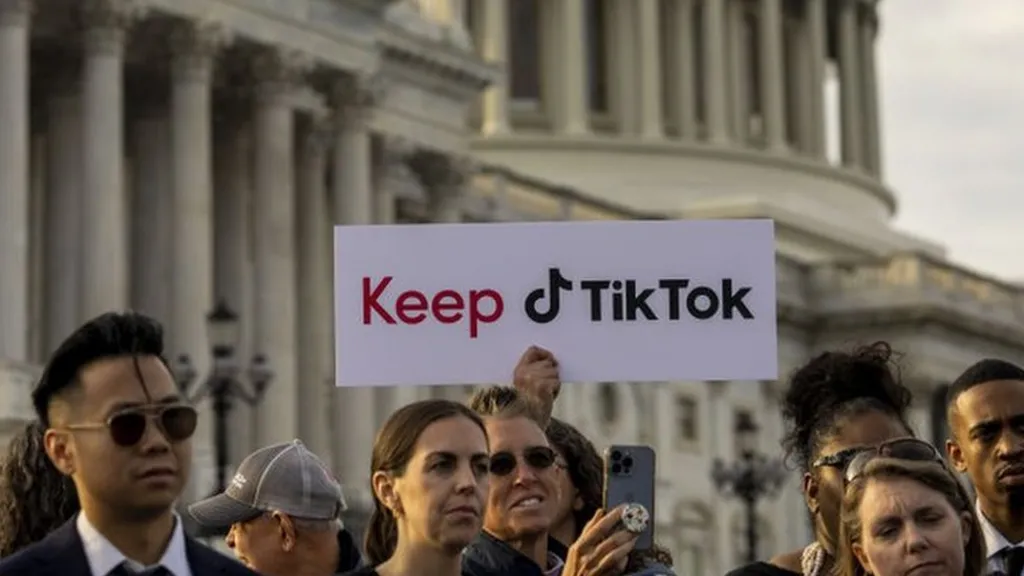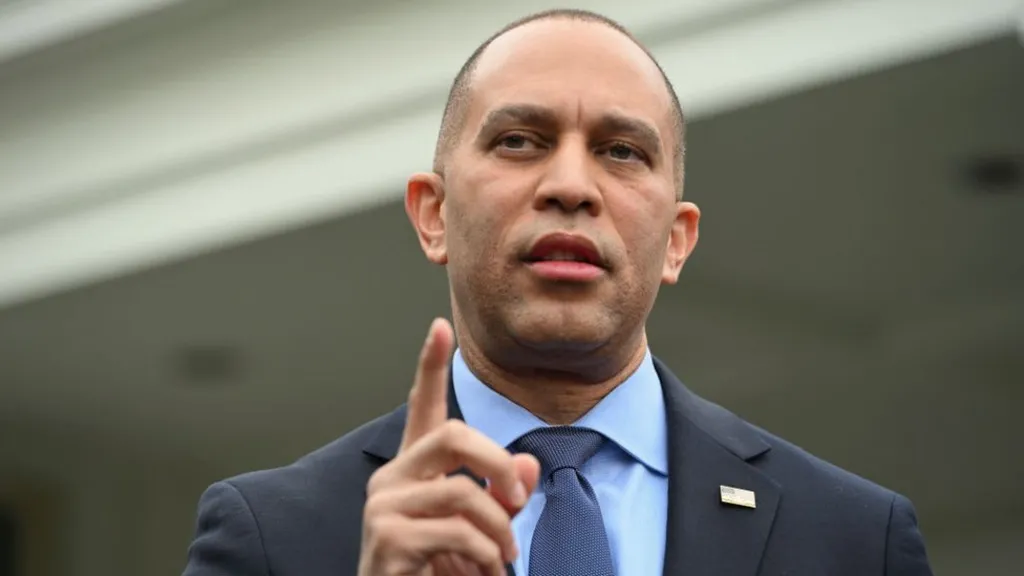
In a significant move with far-reaching implications, the US House of Representatives has passed a landmark bill targeting the popular social media app TikTok, potentially leading to its nationwide ban.
The bill, which sailed through the House with bipartisan support, poses a direct challenge to TikTok’s Chinese parent company, ByteDance, giving it a six-month window to divest its controlling stake in the app or face expulsion from the American market.
While the House’s decisive vote marks a pivotal step, the bill must still navigate the Senate and secure presidential approval to become law, underscoring the legislative hurdles ahead.
The initiative stems from long-standing apprehensions among lawmakers regarding China’s influence over TikTok, exacerbated by ByteDance’s headquarters in Beijing and its obligation under Chinese law to share user data with state authorities.
Wisconsin Republican Mike Gallagher, a co-author of the bill, articulated concerns over TikTok’s ownership, warning against the risk of a vital American platform falling under the sway of the Chinese Communist Party.
TikTok has endeavored to allay regulatory fears by implementing safeguards to safeguard user data, but a recent investigative report by the Wall Street Journal revealed persistent vulnerabilities in data protection protocols, fueling skepticism among lawmakers.

Ahead of the House vote, Hakeem Jeffries, the Democratic leader, hailed the bill’s potential to safeguard user privacy and mitigate the exploitation of TikTok data by foreign adversaries, echoing bipartisan support for the initiative.
While the bill faces an uncertain future in the Senate, marked by divergent views among legislators, Senate Majority Leader Chuck Schumer has affirmed the chamber’s commitment to review the legislation.
The bill’s trajectory in the Senate is complicated by former President Donald Trump’s newfound opposition, attributed to his recent interaction with Republican donor Jeff Yass, who reportedly holds a stake in ByteDance.
Despite the bill’s polarizing reception, leaders of the Senate intelligence committee have rallied behind the House’s decisive action, vowing to advance the legislation to safeguard national security interests.
In response to the House vote, TikTok has mobilized its user base to engage with Congress, intensifying efforts to sway legislative outcomes amid mounting opposition.
Outside the White House, demonstrators voiced concerns over the bill’s ramifications, highlighting TikTok’s significance as a platform for advocacy, livelihoods, and connectivity.
As the legislative process unfolds, President Joe Biden has signaled his readiness to endorse the bill, setting the stage for potential diplomatic friction with China over ByteDance’s forced divestiture.
While ByteDance grapples with the prospect of relinquishing its TikTok stake, uncertainties loom over potential buyers’ ability to navigate regulatory hurdles and financial constraints, shaping the future of the global tech landscape.